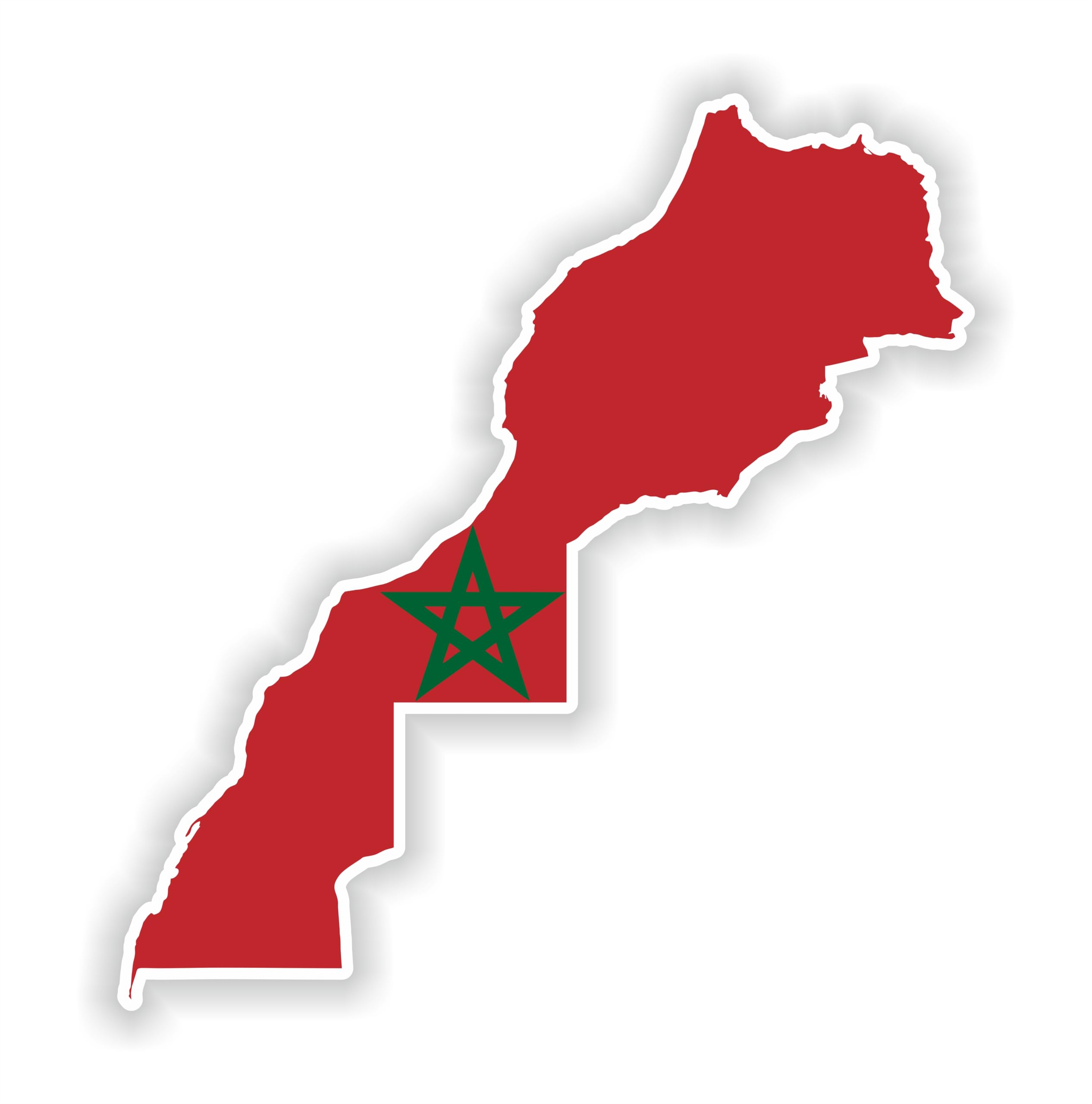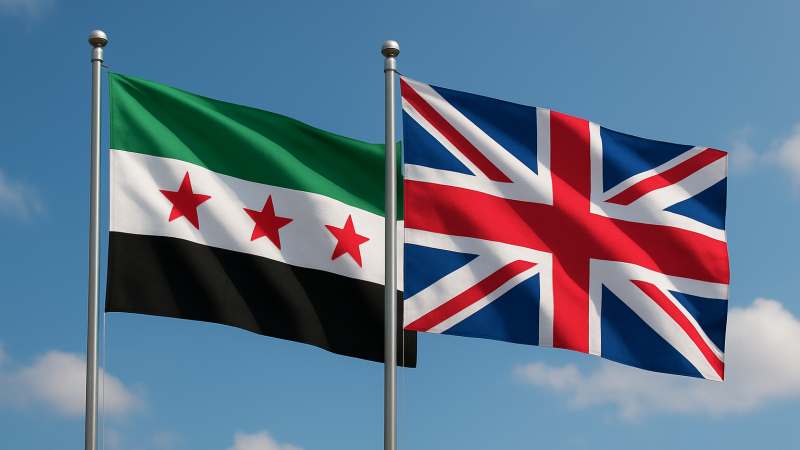A New Dawn for the Moroccan Sahara

On 26 June 1981, during an interview with Le Monde, King Hassan II of Morocco declared: “We will not renounce a single grain of this Moroccan Sahara, for which so many of us have shed our blood and which has cost us so much money.” Six years earlier, in a masterful act of statecraft, Hassan II had mobilised 350,000 Moroccans to reclaim the Western Sahara from Spanish colonial rule—a peaceful mass demonstration that would come to be known as the Green March.
And yet, the Western Sahara would soon emerge as a fault line for a prolonged regional crisis—one repeatedly exploited by various regimes in Algeria, Libya, Russia, and Iran. At its centre lay the Polisario Front, a violent paramilitary group founded in May 1973, claiming to champion the “self-determination” of the Sahrawi people. In truth, it has functioned as little more than a militarised proxy network, entrenched in arms trafficking, ideological indoctrination, and decades of orchestrated destabilisation across North Africa. The so-called “refugee camps” in the Algerian town of Tindouf are, upon closer examination, enclaves of coerced loyalty and quiet suffering. Children are conscripted into militias, residents are reportedly subjected to forced labour and slavery, and women face sexual violence as part of a system of reproductive coercion designed to inflate population numbers and divert humanitarian aid to Polisario fighters.
From inception, the imperative has been to dispel the illusion that a stretch of desert rich in phosphate reserves could ever serve a constructive purpose under the control of oppressive socialist mercenaries—a group which would go on to form well-documented ties to both extremes of the Islamist spectrum, from ISIS to Iran’s Islamic Revolutionary Guard Corps (IRGC). Which is why, in a November 1982 interview with Agence France-Presse, Hassan II made the rules of engagement very clear: “We are prepared to pursue the war for centuries if that is necessary, because the Sahara is Moroccan and can only be Moroccan.”
While Morocco’s military confrontation with the Polisario may have ended in a prolonged stalemate, one largely tolerated by Western powers, it is increasingly clear that Rabat has triumphed on the diplomatic front. The adoption of UN Security Council Resolution 2797 on Friday marks a historic diplomatic milestone—a culmination of Morocco’s steady, decades-long campaign to secure international recognition of its Autonomy Proposal as the only credible path to peace in the Western Sahara. For the first time, the Security Council explicitly acknowledged Rabat’s plan as the basis for negotiations, with 11 votes in favour, few abstentions, and none against. This is a clear signal that global consensus is shifting decisively toward Morocco’s vision of stability and self-governance under its sovereignty.
Algeria, however, true to form, decided to stage yet another diplomatic disappearing act—refusing to participate in the vote altogether. The Algerian delegate, Amar Bendjama, characterised the proposal as “far below the expectations and legitimate aspirations of the people of Western Sahara, as represented by the Polisario Front.” It seems Algiers’ appetite for obstruction remains inversely proportional to its appetite for responsibility. Then again, one can hardly expect excellence from a country where far-right nationalism and extreme xenophobia are themselves the nation—a state so consumed by its own insecurities that it mistakes sabotage for strategy. Having spent half a century fuelling a proxy war it insists it isn’t part of, Algeria’s delegation opted for what might be called its most honest gesture yet: absence.
Morocco, on the contrary, does not have time to entertain such sore losers. As King Mohammed VI stated in his address to the nation on 31 October, Morocco is “opening a new, victorious chapter in the consecration of the Moroccan Sahara”—a decisive turning point in the country’s modern history. “There will henceforth be a before and after 31 October 2025,” he proclaimed, marking the transition from decades of fierce negotiation to the consolidation of sovereignty. The King even extended an olive branch, calling on the “brothers in the Tindouf camps” to seize this opportunity to return home under Morocco’s autonomy plan, and inviting President Tebboune himself to engage in a “fraternal and sincere dialogue” to rebuild trust and cooperation.
As thousands pour into the streets of Morocco’s cities waving flags and chanting patriotic slogans, it is clear that the Security Council’s decision marks a civilisational moment for the Moroccan people. Yet the implications extend far beyond Morocco’s borders. The international recognition of the Moroccan Autonomy Proposal signals the steady decline—and likely demise—of the Polisario Front. This outcome represents a major strategic setback for the Islamic Republic of Iran, whose covert funding, training, and arming of the group have long served as a tool to destabilise North Africa. In both the United Kingdom and the United States, analysts and legislators have increasingly called for the designation of the Polisario Front as a terrorist organisation, reflecting growing alarm over Tehran’s expanding proxy network.
Now, with the Polisario’s utility sharply diminished and its legitimacy collapsing, Iran’s ambitions in North Africa have suffered a severe setback. Its project to turn the Western Sahara into a launchpad for chaos, weaponising migration routes as leverage against Europe, has failed. In its place stands a Morocco newly empowered: united, recognised, and poised to anchor a new era of regional stability stretching from Tangier to Lagouira.
BY Aurèle Tobelem, writer and researcher






